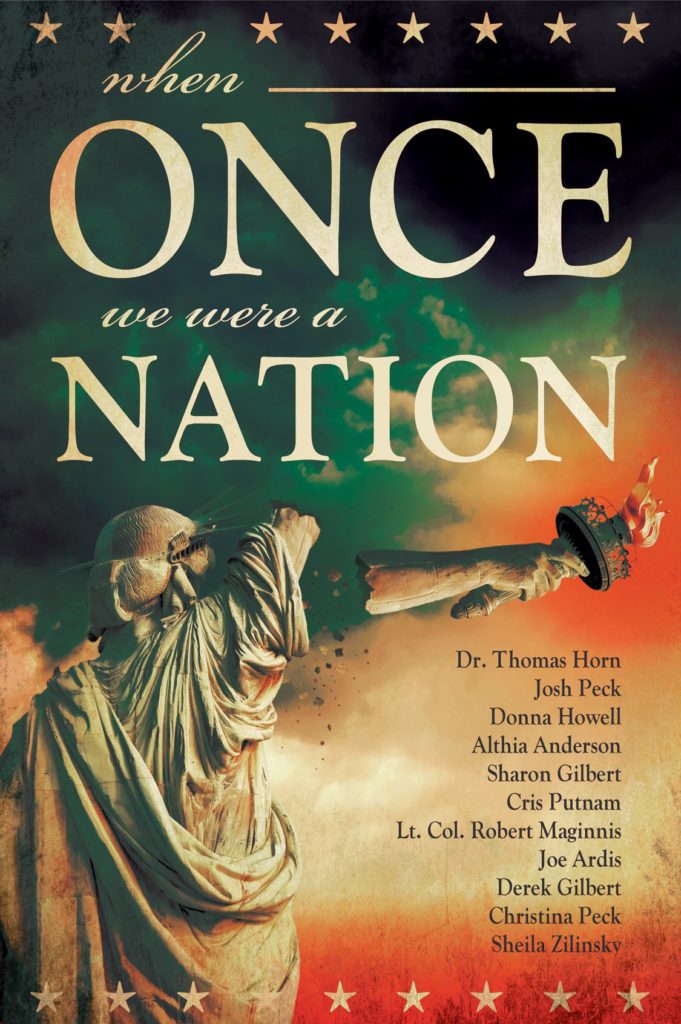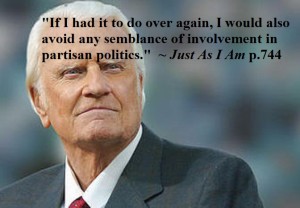In the year 1620, the Mayflower set sail from Plymouth, England carrying more than a hundred hopeful, determined, and God-fearing individuals into an unknown future. Setting their minds on the promises of God and their faith in Him, they ventured into the unfamiliar as they placed their lives and those of their children in His hands. Little did they know that despite many hardships they would build the most powerful, inventive, industrial, and free nation that had ever existed to this point in history.
For many, the nation was founded on God. The fabric that held the country together was woven with the blood, sweat, tears, fortitude, and faith of a generation who set their resolve and trust in the God of the Bible and never looked back.
America the Beautiful. The Strong. The United. The Innovative. The Independent.
America, the One Nation Under God.
So, what happened? As a godless and seemingly aimless America faces decline unparalleled to any deterioration that previous generations could have ever foreseen, many now look around in astonishment and wonder what changed.Can America return to its glory days? If so, how?
Join Thomas Horn, Christina Peck, Robert Maginnis, Donna Howell, Sheila Zilinsky, Josh Peck, Cris Putnam, Sharon Gilbert, Allie Anderson, Joe Ardis, and Derek Gilbert as this question is explored and discussed in When Once We Were a Nation.
I contributed a chapter on the demise of American manufacturing and what it might mean for our future.





